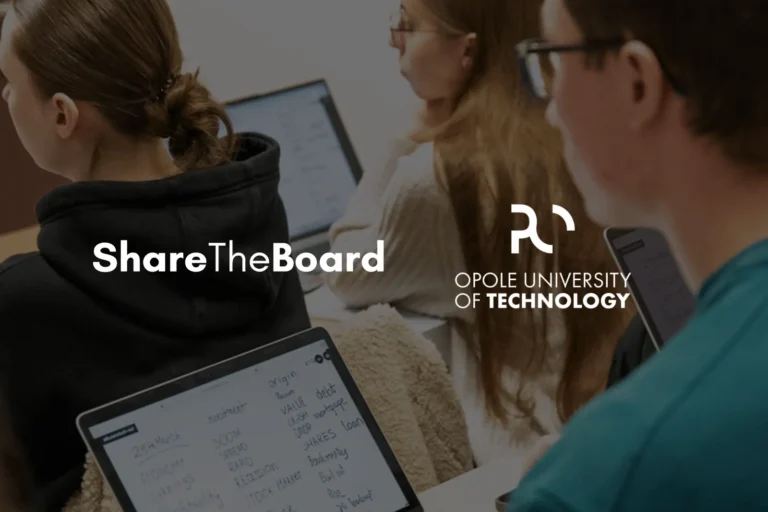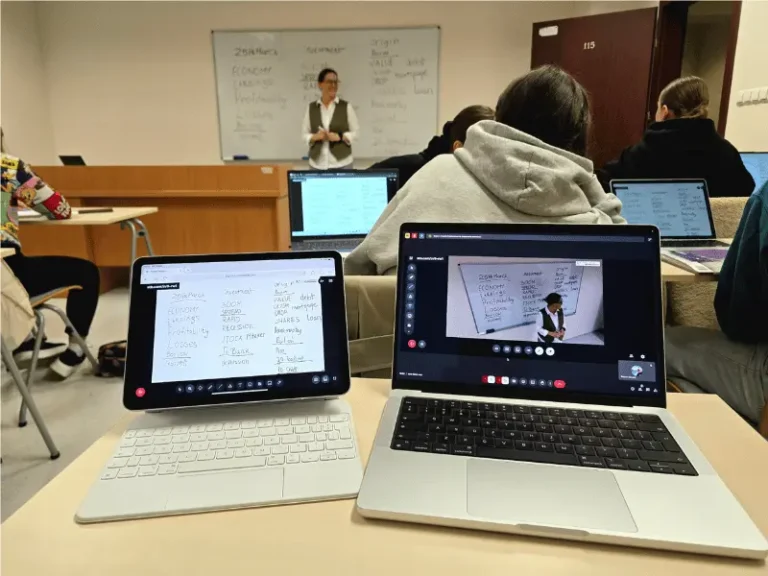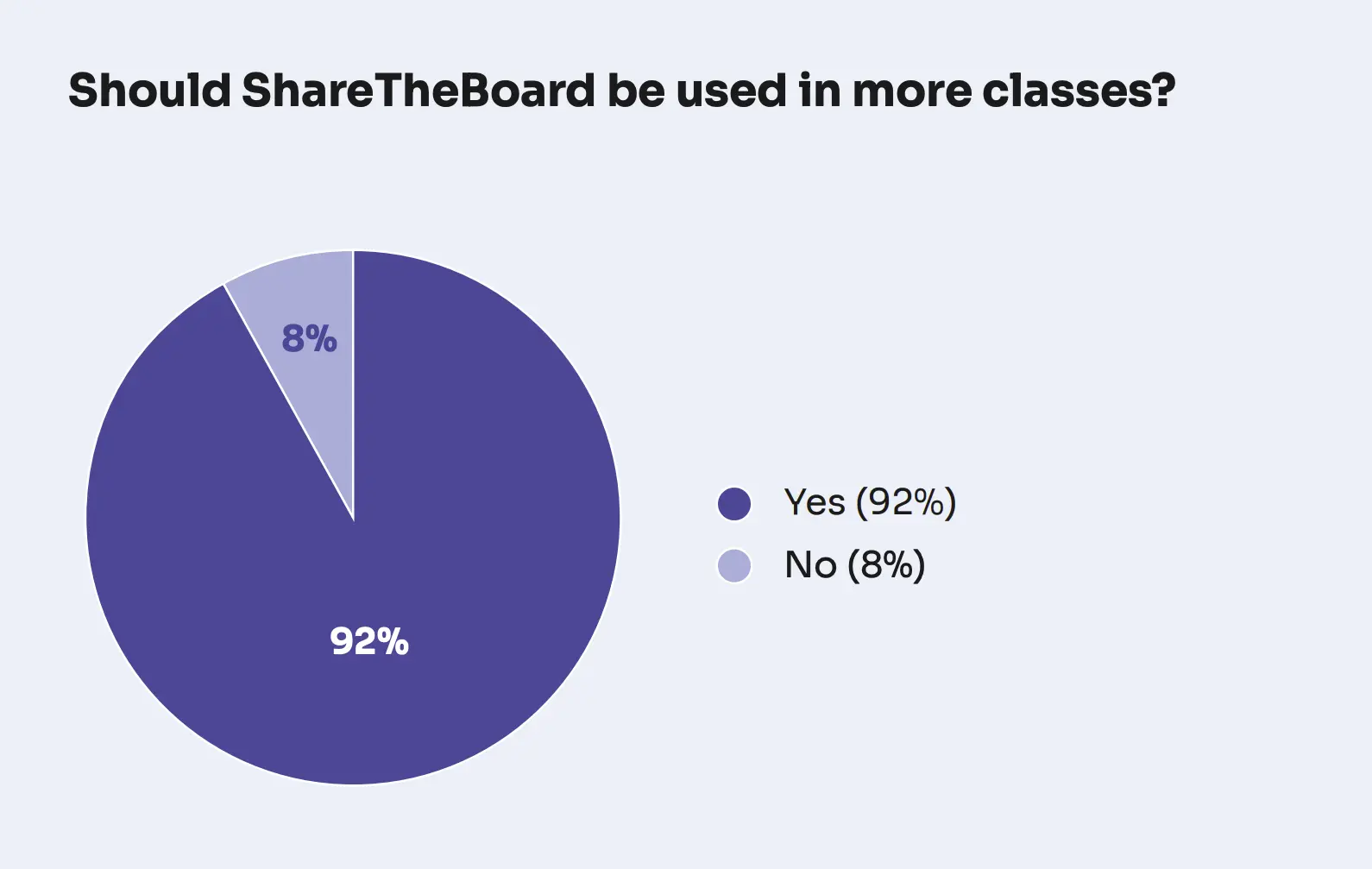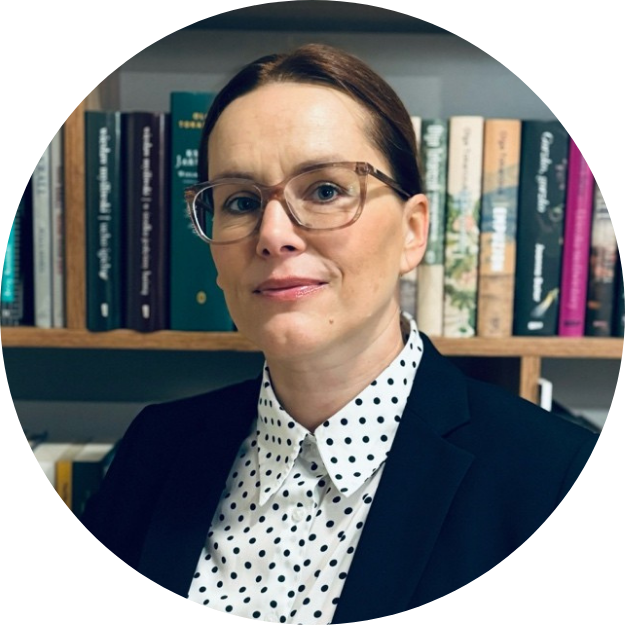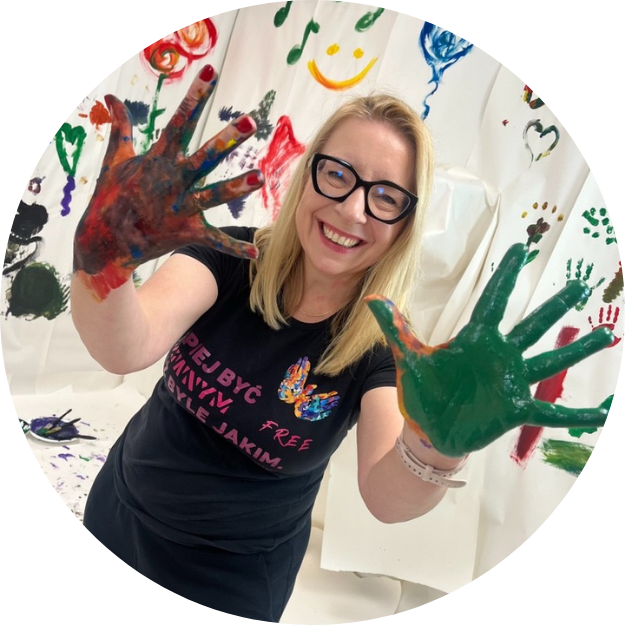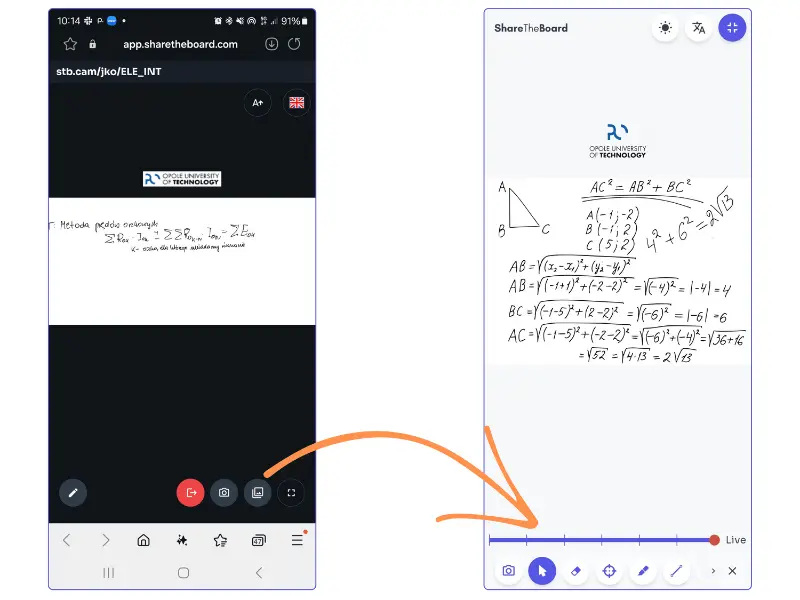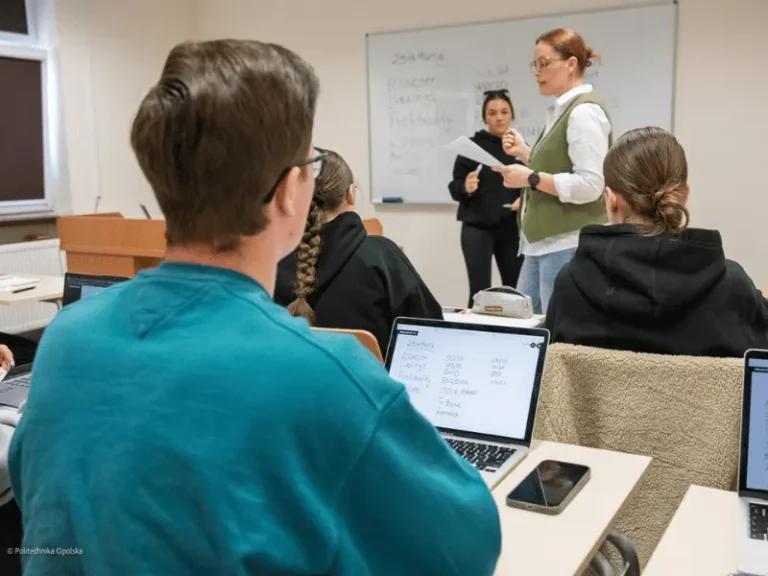Classes became more accessible to everyone, especially students with visual impairments, dyslexia, ADHD, and physical disabilities. Magdalena Dolińska recalls an anecdote that perfectly illustrates the real impact of ShareTheBoard on everyday learning. For a long time, she was unaware that one of her students had serious vision problems and was unable to read the content on the whiteboard. Only during the pilot did the student share that thanks to ShareTheBoard, his problem was solved.
“In my language classes, I had the opportunity to teach using the app. Above all, it’s something that doesn’t distract the instructor from the lesson. I hope it will be adopted. It’s a great aid for students, not only those with disabilities or impairments.”
— Magdalena Dolińska, Rector’s Representative for the Quality of Education
The key point is that the student in question had not revealed his difficulties up until that moment – this situation perfectly illustrates the importance of creating universal solutions that support diverse needs without requiring students to draw attention to their condition. True educational support should not require individuals needing help to feel awkward or to demand special treatment.
“For me, ShareTheBoard represents the essence of universal design – I stand by these words.”
— Agnieszka Kossowska, Head of the Accessibility and Support Centre for People with Special Needs
ShareTheBoard embodies the idea of universal learning design – a solution that is useful and accessible to all participants, eliminating barriers before they even appear. As a result, the technology not only supports students with unique needs but also improves learning for the entire group – students can focus on understanding the material instead of scrambling to find a solution or suffering silently. This is what true educational equity means – creating an environment where everyone can participate to the fullest of their abilities, without having to disclose their limitations or special needs.
